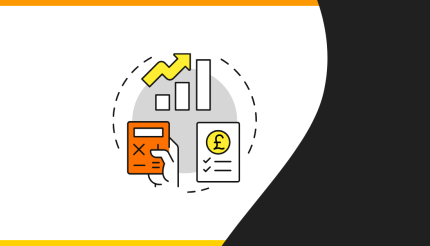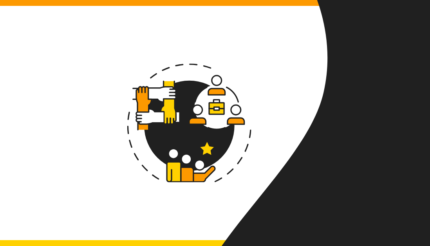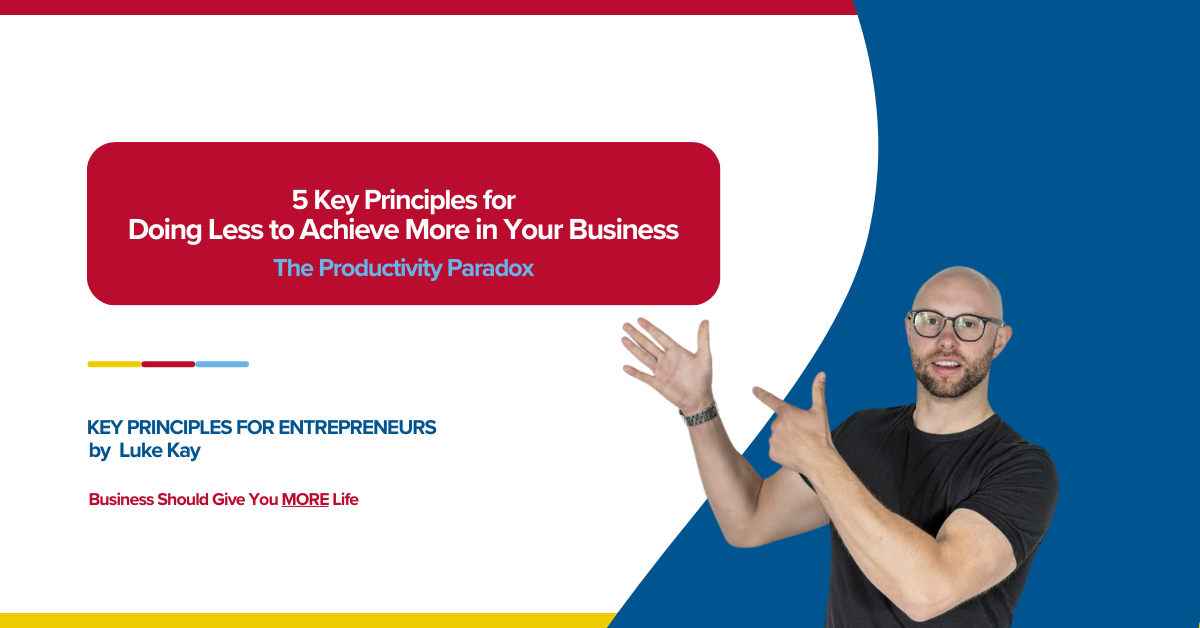
In the fast-paced world of entrepreneurship, it’s easy to fall into the trap of thinking that busyness equates to productivity.
However, the most successful business leaders often find that doing less – but focusing on the right things – can lead to greater achievements.
Let’s get into the counterintuitive approach of strategic minimalism in business, drawing inspiration from some of the UK’s most efficiently productive entrepreneurs.
Key Principle #1: Focus on High-Impact Activities
Identify the 20% of activities that drive 80% of your results and prioritise these.
Regularly audit your tasks and eliminate or delegate low-value activities. Use time-tracking tools to understand where your time is really going. Align your daily activities with your most important business goals.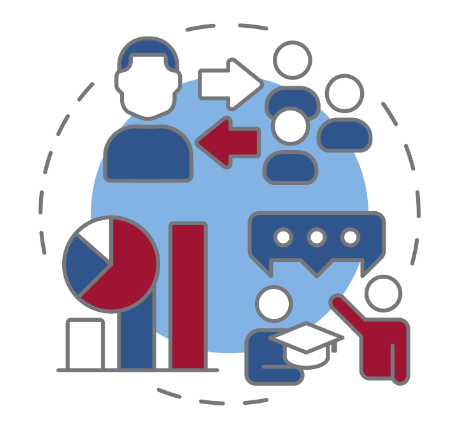
Key Principle #1 Case Study: Lord Sugar’s Delegation Mastery
Lord Alan Sugar, founder of Amstrad and star of The Apprentice, is known for his ruthless prioritisation of high-impact activities.
Sugar famously focuses his time on key strategic decisions and major negotiations, delegating or eliminating everything else. This approach allowed him to build and manage multiple successful businesses simultaneously.
His oft-quoted phrase, “You’re fired!” on The Apprentice, ironically demonstrates his belief in removing what’s not working to focus on what truly matters.
Key Principle #2: Embrace Strategic Laziness
Being ‘lazy’ in the right ways can drive innovation and efficiency.
Look for ways to automate repetitive tasks. Simplify complex processes. Don’t reinvent the wheel – learn from and adapt existing successful models.
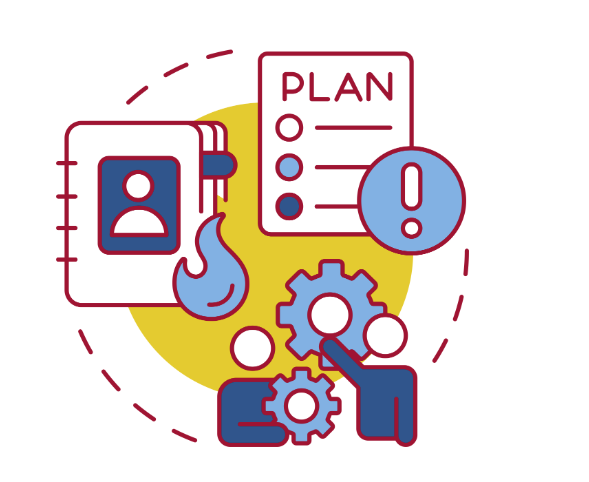
Key Principle #2 Case Study: Rohan Silva’s Second Home
Rohan Silva, co-founder of Second Home and former senior policy adviser to David Cameron, has built a business around the concept of optimised work environments.
Second Home’s workspaces are designed to maximise productivity while minimising unnecessary effort. From soundproofed phone booths to ergonomic furniture, every aspect is crafted to allow members to focus on high-value work without wasting energy on logistics. This ‘lazy’ approach to workspace design has led to a thriving business that supports the productivity of countless other companies.
Key Principle #3: Master the Art of Saying No
Saying no to the wrong opportunities is as important as saying yes to the right ones.
Develop clear criteria for evaluating opportunities. Practice saying no politely but firmly. Remember that every yes is implicitly saying no to something else.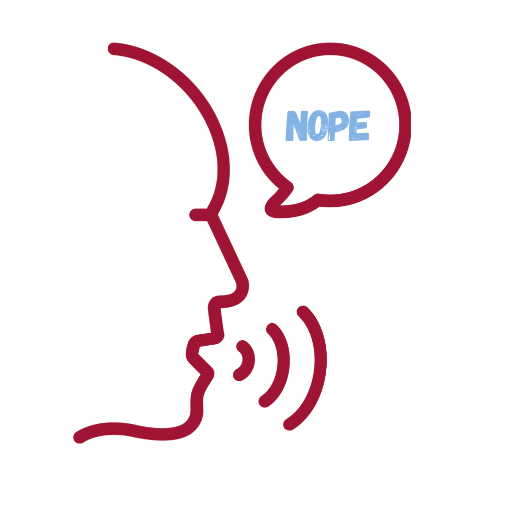
Key Principle #3 Case Study: James Dyson’s Focused Innovation
Sir James Dyson, founder of Dyson Ltd, is known for his relentless focus on specific areas of innovation.
Dyson has consistently said no to diversifying into unrelated products, choosing instead to focus deeply on a few key areas like vacuum cleaners, hand dryers, and fans. This focused approach, and the willingness to say no to other opportunities, has allowed Dyson to become a leader in their chosen fields.
Key Principle #4: Implement Regular ‘Think Weeks’
Taking time away from day-to-day operations to think strategically can lead to breakthrough ideas.
Schedule regular periods for deep thinking and reflection. Use this time to review your business strategy and generate new ideas. Disconnect from daily operations to gain a broader perspective.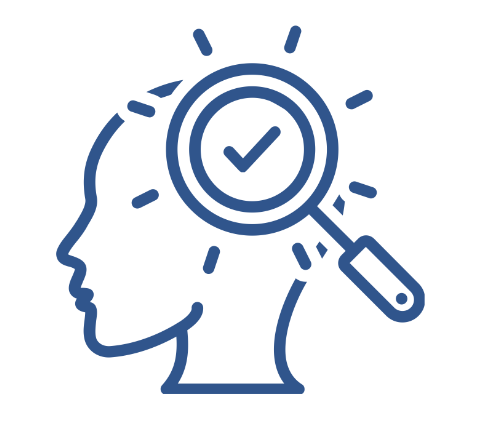
Key Principle #4 Case Study: Richard Reed’s Creativity Retreats
Richard Reed, co-founder of Innocent Drinks, has spoken about the importance of stepping back from daily operations to think creatively.
Reed and his co-founders would regularly take ‘creativity retreats’ where they’d disconnect from the day-to-day and focus on big-picture thinking. Many of Innocent’s most successful ideas came from these periods of focused reflection, demonstrating the value of doing less to achieve more.
Key Principle #5: Cultivate Deep Work
In an age of constant distraction, the ability to focus deeply is a superpower.
Create environments conducive to deep work. Use techniques like time-blocking to protect your focus time. Train your ability to concentrate for extended periods.
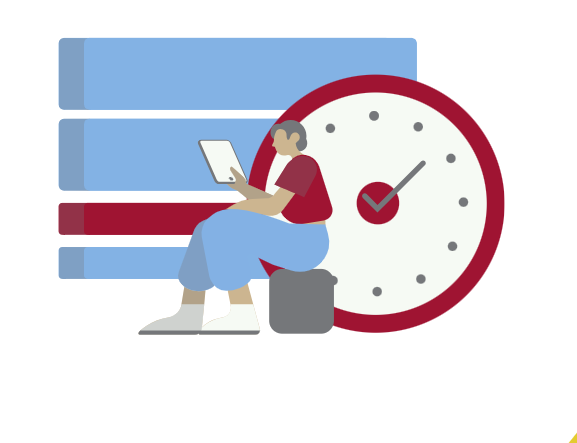
Key Principle #5 Case Study: Demis Hassabis’s Deep Work Ethic
Demis Hassabis, co-founder of DeepMind, is known for his ability to engage in deep, focused work.
Hassabis structures his day to allow for long periods of uninterrupted concentration, often working on complex AI problems for hours at a stretch. This deep work approach has been crucial to DeepMind’s groundbreaking achievements in artificial intelligence, showing how focused effort can yield extraordinary results.
Implementing Your Productivity Paradox Strategy
Embracing the productivity paradox is about working smarter, not harder. Here are some ways to get started:
- Identify the top three activities that drive the most value in your business.
- List three low-value activities you can eliminate or delegate this week.
- Schedule a ‘think week’ (or day) in the next month for strategic reflection.
- Practice saying no to one non-essential commitment this week.
- Implement a daily deep work session, starting with just 30 minutes.
The goal isn’t to be busy, but to be effective. Sometimes, doing less is the key to achieving more.
What’s one area of your business where reducing activity could potentially lead to greater results?
Book a complimentary Strategy Session today and discover the power of strategic minimalism in your business. We’ll work through your current work patterns, identify key areas for streamlining, and develop a customised strategy to help you achieve more by doing less.
Don’t let busyness hold you back from true productivity – let’s optimise your efforts for maximum impact!
Attend Our Events
We host monthly events as part of our Entrepreneurship Academy and 1-2-1 Business Coaching programs. If you’d like to get MORE life out of your business and would like to network with other ambitious entrepreneurs and get expert guidance, check out our events page!
Attend an event for FREE and experience first-hand how ActionCOACH’s more than 30 years of proven strategies and systems can help you grow. Whether it’s a half day Business Growth Masterclass or a more in-depth quarterly 90 Day Planning Day event, we’d love to see you there!


